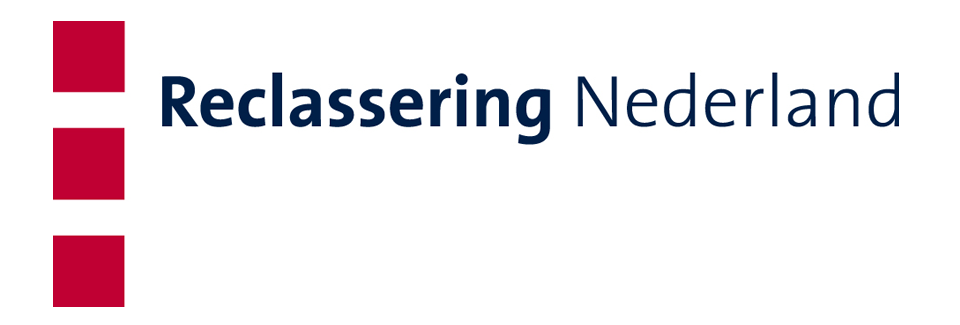Theme
The main theme of WCPP 2024 was The future of probation and parole. When talking about the future of our field of work, it is imperative that we take each other’s perspective into account. For example: the political, societal, cultural, and legal context we work in varies greatly across the world. These factors influence our views on the role and value of probation and parole, how we determine what is effective and innovative, and how we implement and execute probation and parole. This is why we believe that, if we are to learn from each other, we need to have a better understanding of these contexts.
With this in mind, we aim to benefit from the diverse perspectives on the future of probation throughout the world. We want to learn from probation and parole in different societies, legal systems, and practices. We are therefore organizing the programme around the following subthemes.
Society
The social, cultural, political, and historical context in a society influences the attitude towards offenders and punishments. It colours our standards and values, the general opinion on legal offences and appropriate punishments, and what we accept as effective or innovative approaches. This means that there can be different views in different societies. It is exciting to share our views on probation and parole and how we look at the future of our field of work. How do these views vary across the globe and what are the similarities and differences between them?
System
The (potential) role and use of probation and parole in a country depends on its constitutional structure and its legal system. How do probation and parole fit in with the laws, the judicial institutions, the protocols, and the methods? There is no unanimous answer to this question: the structure and development of a legal system, the way sanctions and protection are implemented and executed, the forms of punishment that are applied, and the (possible) role of probation and parole in the system vary across the globe. What similarities and differences can we distinguish, how do these affect the efficacy of probation and parole, and what does this tell us about the future?
Practice
When looking at the future of probation and parole, it is paramount to include the perspective of practitioners and probationers. Their views and experiences can contribute to a better understanding of the effectiveness and innovation of probation and parole. By delving into the daily life of practitioners and probationers, we can learn more about how circumstances and conditions influence the implementation and execution of probation and parole, and how this can be linked to scientific effectiveness. Looking at greater involvement of practitioners and probationers in shaping the working environment and trajectories raises the question: How can we best organize the practice of probation and parole now and in the future, considering the context in which we are operating?
